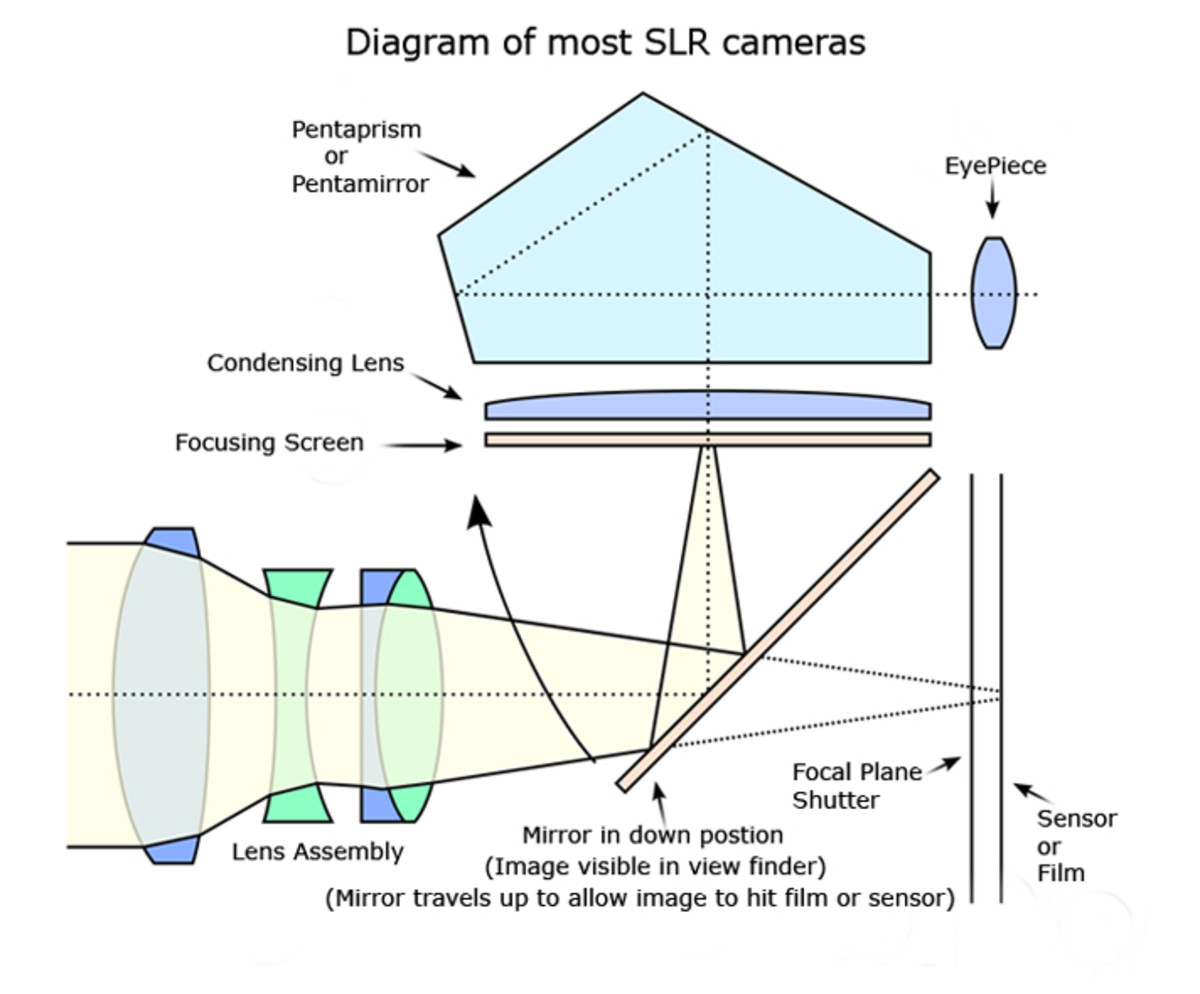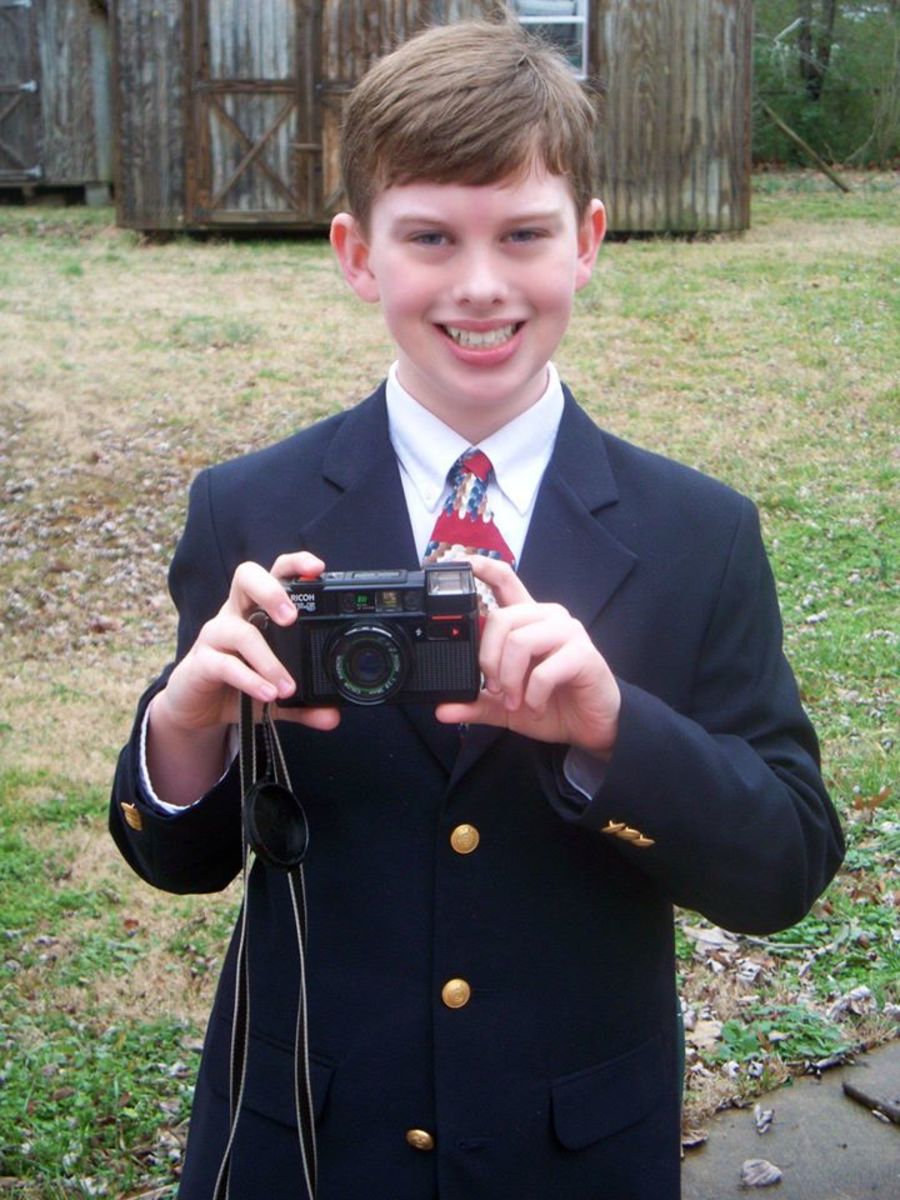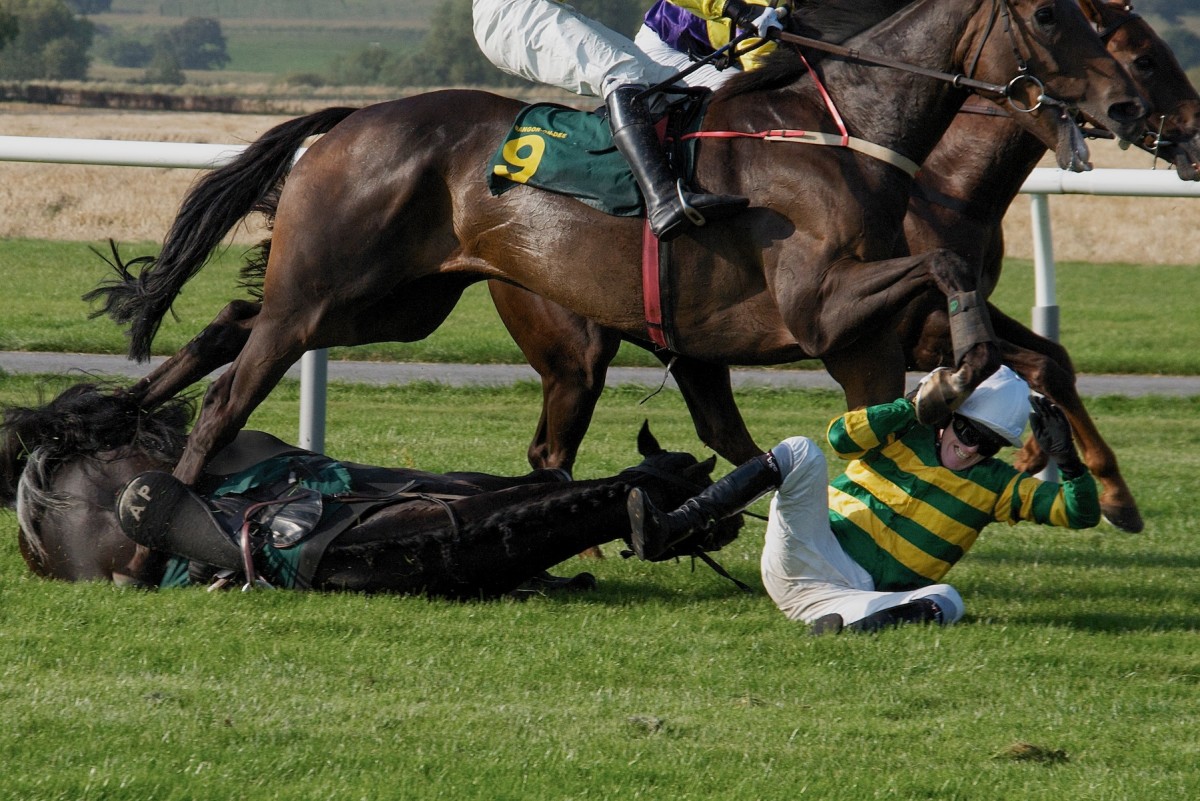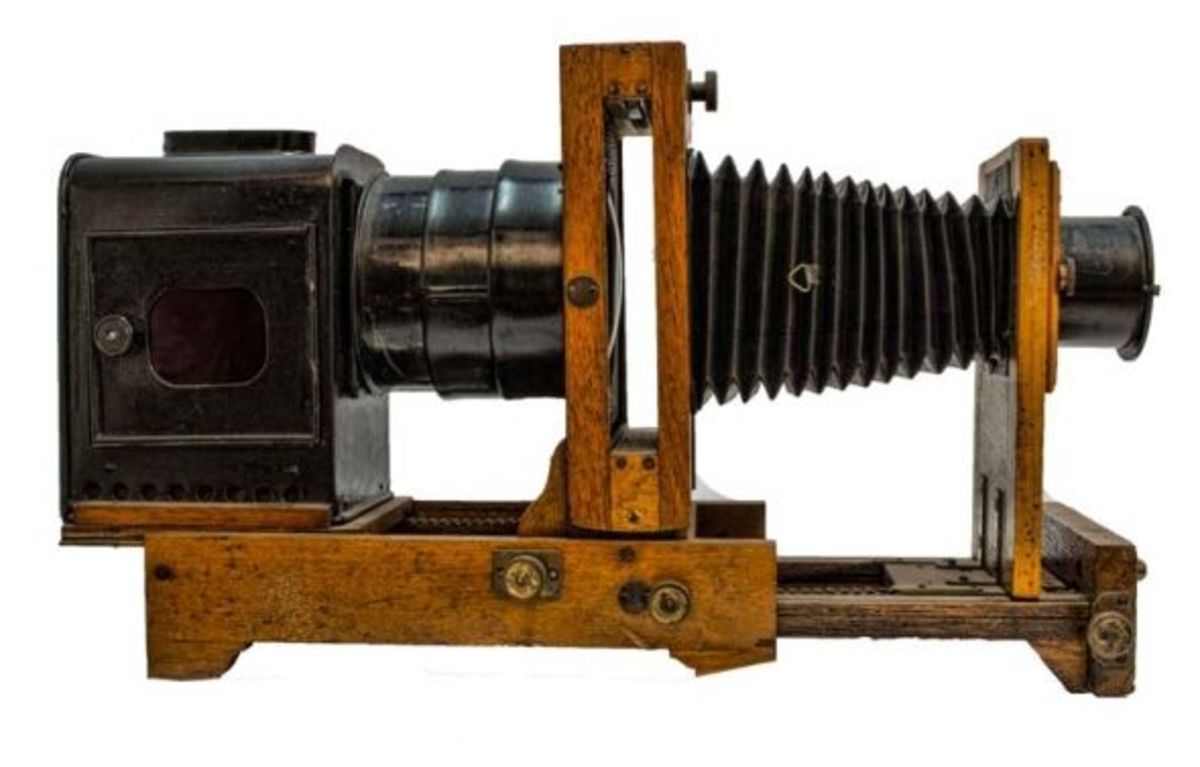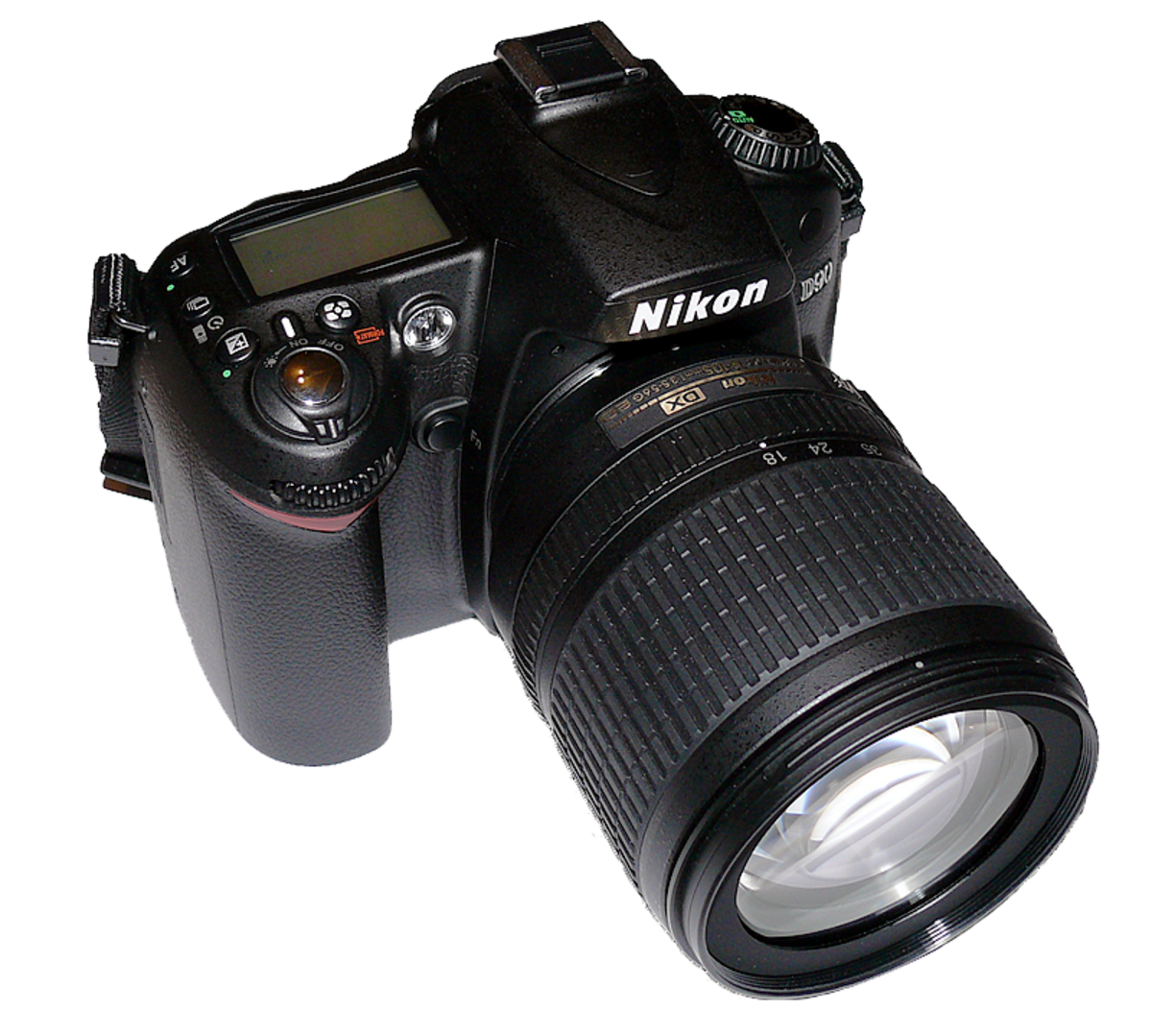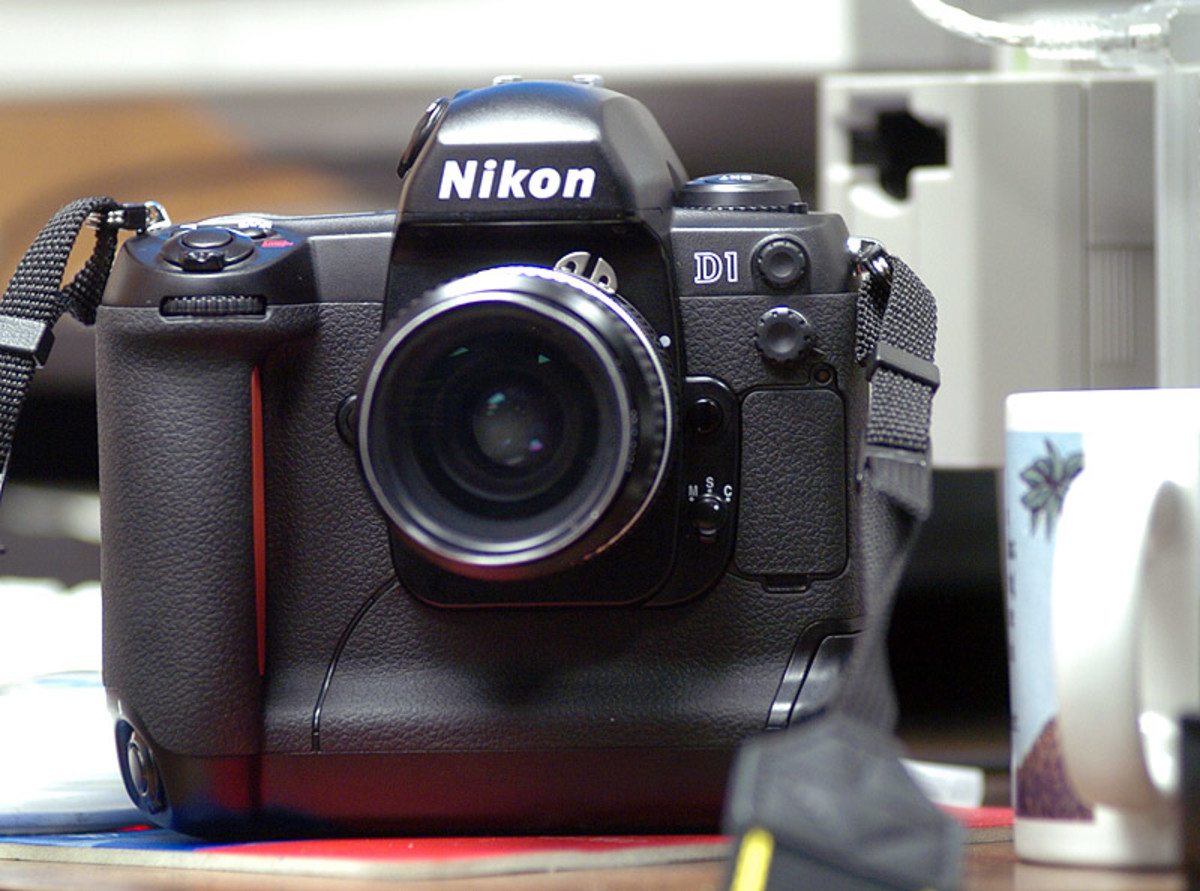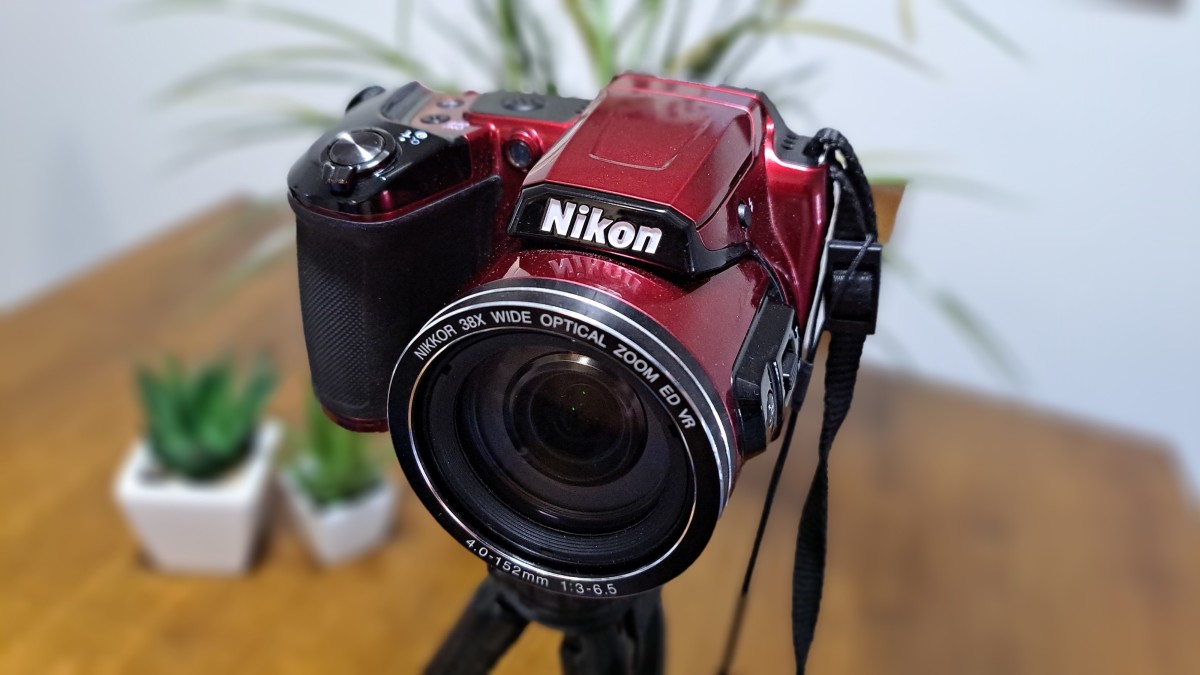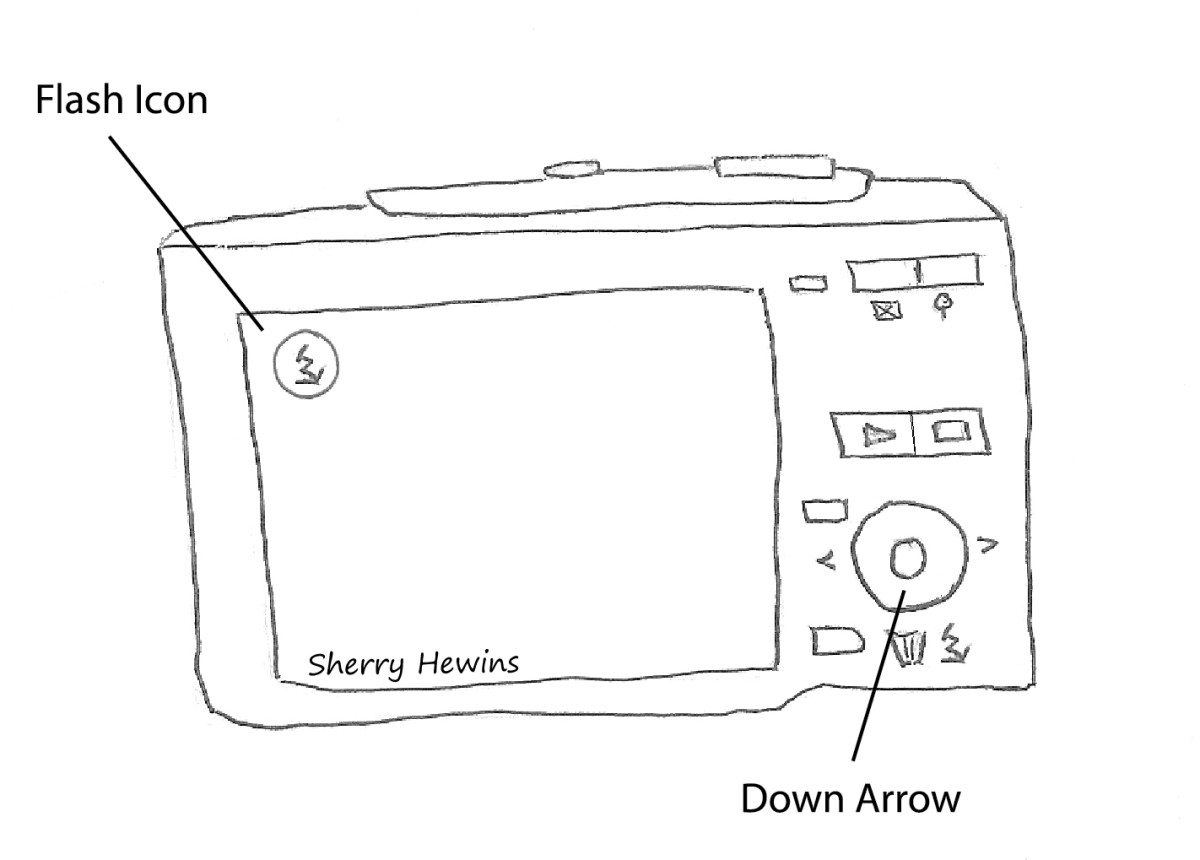- HubPages»
- Technology»
- Consumer Electronics & Personal Gadgets»
- Portable Electronics»
- Digital Cameras
Choosing the Right DSLR Camera
Choosing the Right DSLR Camera Depends on the Type of Photographer You Are
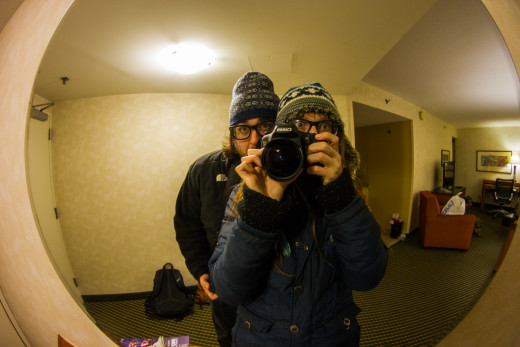
What is a DSLR Camera?
A DSLR camera is a digital single lens reflex camera, and is the camera choice of most professional and experienced photographers.
DSLR cameras are composed of several parts: the camera body, the lens, the image censor, the mirror and more. All of these components make shopping for a DSLR camera increasingly challenging.
When browsing through a selection of DSLR cameras, you will likely see a range of different options, including mirrorless DSLRs, full-frame DSLRs, cropped or full censor DSLRs, DSLR cameras with video, DSLRs without video, and this is just to name a few. The selection can be confusing even for experienced photographers.
DSLR Cameras vs. Point and Shoot Cameras
Camera snobs tend to dismiss all point and shoot cameras as inferior to DSLR cameras, but this is not the case. Not every photographer needs the control and power of a DSLR, and in some cases, DSLR cameras are inappropriate and inconvenient.
Compared to their DSLR counterparts, point and shoot cameras are compact, less expensive, and less cumbersome, making snapping great photos while you are on the go much easier.
Not only are point and shoot cameras more compact and convenient, but they are also becoming more and more complex, offering photographers the same amount of creative freedom that they are able to get with a DSLR camera.
If you are new to photography, a casual photographer, a photography enthusiast or even a professional, you can find a point and shoot camera that suits your needs. For photographers looking to take great photographs without the hassle of additional lenses and other equipment, a point and shoot can be a great alternative.
Currently, I think the best point and shoot camera for photographers of all levels is the Samsung Galaxy 16.3MP point and shoot, which offers photographers the option of manual controls, automatic controls, as well as smart shooting settings.
Taking Your Photography to the Next Level Often Requires Upgrading Your Gear

Different Components of DSLR Cameras
To choose the best DSLR camera for your specific needs, it is best to understand what makes up a DSLR camera, and what components are the most important when picking the camera that suits you best.
Some of the components of the DSLR you will need to understand include the ISO range, the number of megapixels, the camera's optical range, the shutter mirror, the CMOS censor, the available lenses for the camera, as well as the viewfinder on the camera.
Here is an explanation of the various components of a DSLR camera:
- Number of Megapixels- The number of megapixels refers to the resolution of the image. Cameras with 18MP or more are going to be reliable DSLRs, producing clear shots with little grain. Low megapixel cameras will produce grainy images when printed or viewed at large sizes.
- ISO Sensitivity Range- The ISO range measures the camera's sensitivity to light; cameras with wider ISO ranges provide more flexibility when it comes to shooting in low light situations.
- Optical Range- The optical range of a DSLR camera measures how close and how far away the camera is able to capture subjects. Large optical ranges provide photographers with ability to capture objects far in the distance. The optical range is also effected by the specific lens on the camera at the time the picture is taken.
- Full Frame vs. Cropped Censor- Your camera's censor is what absorbs the light that create the image. Full frame censor DSLR's are the best performers when the light source is not strong, because the larger censor is able to absorb more light. Smaller, cropped sensors may not do as well in low light situations, but they do magnify the field of view and cause an apparent increase in the focal length of whatever lens you are using.
A Beginner's Guide to Shopping for a DSLR
Purchasing the Wrong Camera Can Leave You Staring at Your Camera in Total Confusion
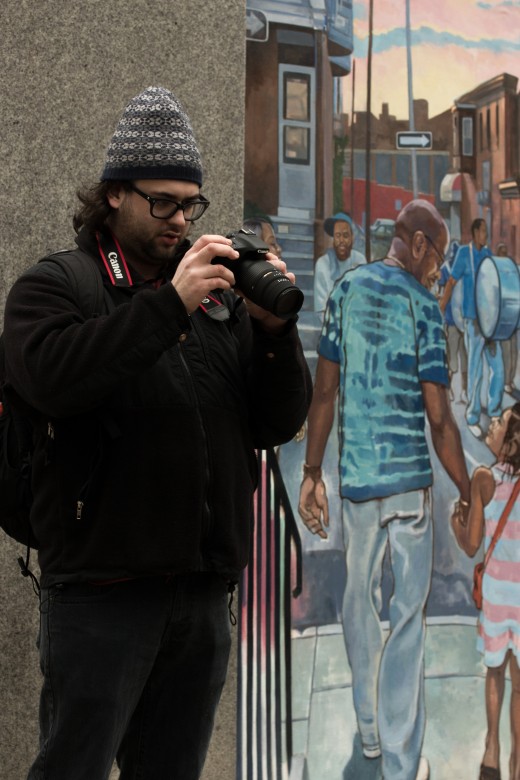
DSLR Camera Suggestions for Beginners
If you are just starting out learning the ins and outs of photography, you don't need a $1,000 camera body and a full spectrum of lenses. Both Canon and Nikon, the most popular manufacturers of DSLR cameras, offer bundle kits idle for beginner photographers.
Here is a list of five great options if you are purchasing your first DSLR camera:
- The Canon EOS Rebel XS, offering 10MP with a standard 18-55mm zoom lens, is a great DSLR to start with when you are new to photography.
- The Canon EOS 50D, a 15mp DSLR with a super fast shutter speed will allow you to quickly learn the different functions of your camera without becoming overwhelmed.
- For those interested in photography and videography, the Nikon D5000 is a great choice, offering users still photography and video options that are easy to learn.
- The Sony Alpha A230 is a light-weight, compact camera ideal for beginning photographers.
- The Pentax K-X is a 12.4 megapixel DSLR that also offers budding photographers videography options at a resolution of 720p and 24 frames per second.
The top DSLR cameras for beginners offer user-friendly features that make it simple to create high-quality images before and after post production, making them good starter cameras to choose.
Be Sure to Never Miss a Precious Moment by Carrying Your Camera with You Everywhere!

The Canon T3i is a Good DSLR for Intermediate Photographers
DSLR Camera Suggestions for Intermediate Shooters
Intermediate photographers have mastered the basics of the DSLR camera by now. They understand how to change the aperture and the shutter speed appropriately in order to obtain the desired final product.
Intermediate photographers shoot frequently and may even work part-time as a photographer, or as a second shooter working alongside an experienced shooter. Their gear needs to meet higher standards than the equipment used by a beginner.
Here are five great DSLR options for intermediate photographers:
- The Canon T3i is an 18 megapixel DSLR with a large ISO range (100-6400) perfect for any type of lighting situation.
- The Canon 7D is also an 18 megapixel DSLR, but unlike the T3i, the 7D features a Dual Digic 4 Image Processor, which results in crisp, high resolution images.
- The Nikon D5200 is a 24.1 megapixel DSLR with a high resolution, swivel LCD screen, ideal for shooting from any angle.
- The Nikon D3100 is a 14.2 megapixel DSLR that performs extremely well in low light situations. This camera is great for event and wedding photography.
- The Pentax K-500 is a 16 megapixel DSLR that can reach astonishing ISO sensitivity levels as high as 51,200. Full 1080p HD video capture at 30 frames per second make this a great camera for those interested in videography.
Whether You Are an Amateur or a Professional, There is a DSLR Available That's Perfect for Your Needs

DSLR Suggestions for Advanced and Professional Photographers
Advanced photographers are typically professional photographers with years, if not decades of experience. Their needs are very different from those of the beginner. They are typically looking for high megapixel bodies, large ISO sensitivity ranges, and both video and photography settings.
Here are five of the top DSLR cameras for advanced photographers:
- The Nikon D800 is a 36.3 megapixel camera that features an EXPEED 3 image processing engine that results in high image quality and noise reduction. The 51 point AF censors are able to absorb enormous amounts of light, making this camera a great option for low light photography and videography.
- The Sony Alpha SLT-A65VL is a 24.3 megapixel camera with a translucent mirror design and the world's first OLED viewfinder. The camera can capture at rates up to 10 frames per second, making this DSLR a great option for action and sport photographers.
- The Canon Mark III is a professional grade DSLR that features a full-frame censor and 1080p high definition video capabilities. An iFCL Metering with 63 zone dual-layer metering sensor ensures that each and every photo taken comes out crisp, clear and beautiful.
- The Canon EOS 70D is the top of the line Canon DSLR for those who don't have the money to spend on a Mark DSLR. With 20.2 megapixels and a dual pixel CMOS censor, the 70D allows professional photographers to obtain high quality images and video for under $1,000.
- The Nikon D5300 is a 24.2 megapixel DSLR with built in WiFi and GPS for the professional photographer on the go. Offering 1080p high definition video, this camera is a great option for any professional photographer.
I hope you enjoyed my hub and found it helpful if you are considering buying or upgrading your DSLR camera! Stay tuned for my next article on choosing the perfect lens, and be sure to check out my hub on photography techniques for beginners.


